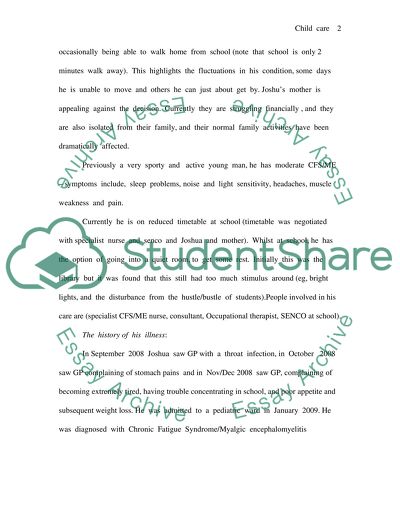Cite this document
(“Care Analysis Essay Example | Topics and Well Written Essays - 3000 words”, n.d.)
Retrieved de https://studentshare.org/miscellaneous/1555679-care-analysis
Retrieved de https://studentshare.org/miscellaneous/1555679-care-analysis
(Care Analysis Essay Example | Topics and Well Written Essays - 3000 Words)
https://studentshare.org/miscellaneous/1555679-care-analysis.
https://studentshare.org/miscellaneous/1555679-care-analysis.
“Care Analysis Essay Example | Topics and Well Written Essays - 3000 Words”, n.d. https://studentshare.org/miscellaneous/1555679-care-analysis.


